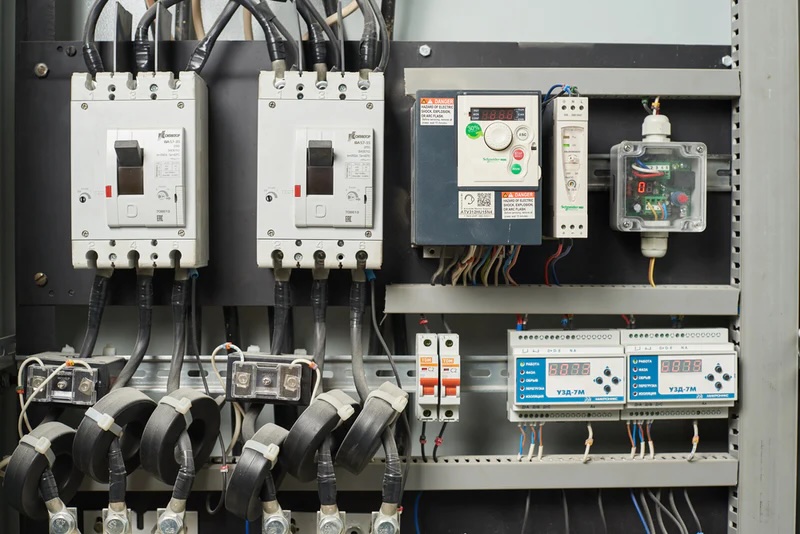Electrical panels, the unsung heroes of our modern electrical systems, are the central distribution points for electricity within buildings. From residential homes to sprawling industrial complexes, these panels play a crucial role in ensuring safe and efficient power distribution. However, not all electrical panels are created equal. Understanding the different types and their specific functions is essential for homeowners, electricians, and anyone involved in electrical maintenance or installation. This knowledge allows for informed decisions regarding upgrades, repairs, and overall electrical safety. The most common type of electrical panel found in residential settings is the breaker panel, also known as a service panel. This panel uses circuit breakers, which are resettable switches, to protect individual circuits from overloads. Breaker panels are designed to interrupt the flow of electricity when a circuit exceeds its rated capacity, preventing potential fires and damage to electrical equipment. They are relatively easy to maintain and offer a convenient way to manage and control individual circuits within a home. Another type of electrical panel is the fuse panel. These panels use fuses, which are one-time-use protective devices, to interrupt the flow of electricity in case of an overload. When a fuse blows, it must be replaced, unlike a circuit breaker which can be reset. Fuse panels are typically found in older homes and are gradually being replaced by breaker panels due to the convenience and safety advantages of circuit breakers. While they still function, they are considered less safe than modern breaker panels. In industrial and commercial settings, you’ll often encounter larger and more complex electrical panels, such as motor control centers (MCCs) and distribution panels. MCCs are designed to control and protect large electrical motors, providing centralized control for industrial machinery. Distribution panels, on the other hand, are used to distribute power from the main service panel to sub-panels or individual circuits throughout a building. These panels are often equipped with advanced monitoring and control systems to ensure efficient and reliable power distribution. Beyond these common types, there are also specialized electrical panels designed for specific applications. For example, transfer switches are used in backup power systems to switch between utility power and generator power. Surge protection panels are designed to protect sensitive electronic equipment from power surges and voltage spikes. Understanding the specific needs of an electrical system is crucial for selecting the appropriate type of panel and ensuring optimal performance and safety. By familiarizing yourself with the various types of electrical panels and their functions, you can make informed decisions and ensure the safe and efficient operation of your electrical systems.
Understanding the Different Types of Electrical Panels
Understanding the different types of electrical panels, from residential breaker and fuse panels to industrial MCCs and distribution panels, is crucial for ensuring safe and efficient power distribution.

